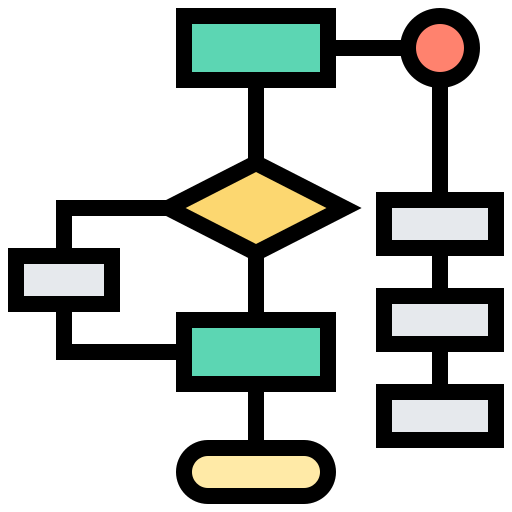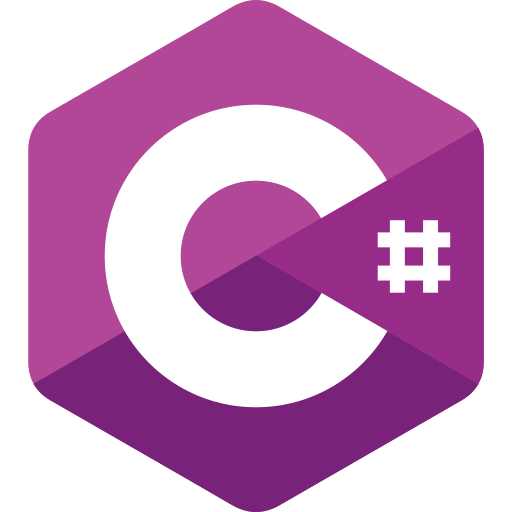HTTP 418: I'm a teapot
The server identifies as a teapot now and is on a tea break, brb
HTTP 418: I'm a teapot
The server identifies as a teapot now and is on a tea break, brb
Typescript Memes
TypeScript: where JavaScript developers go when they're tired of "undefined is not a function" at 2 AM. These memes celebrate the superset that added types to JavaScript and somehow made both static typing fans and dynamic typing enthusiasts equally annoyed. If you've ever written "any" just to make the compiler stop complaining, created interface hierarchies deeper than your component trees, or felt the special satisfaction of refactoring with confidence because the types have your back, you'll find your typed tribe here. From the complexity of mapped types to the simple joy of autocomplete that actually works, this collection captures the beautiful contradiction of a language that adds restrictions to give you freedom.

 AI
AI
 AWS
AWS
 Agile
Agile
 Algorithms
Algorithms
 Android
Android
 Apple
Apple
 Bash
Bash
 C++
C++
 Csharp
Csharp















